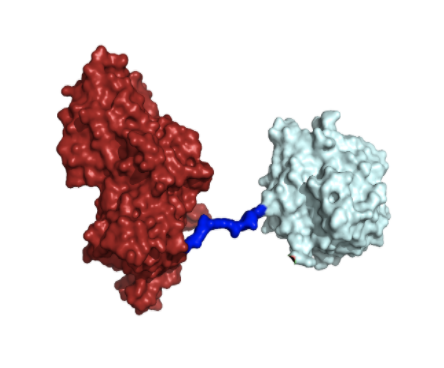By Shawn Gupta
Plastic waste is a huge problem for our planet. It is estimated that over 300 million tons of plastic are produced annually, worldwide. Most of these plastics take hundreds of years to biodegrade, and the majority of them end up causing an array of environmental issues.
Furthermore, it’s currently more efficient to make entirely new plastics from oil, rather than breaking down old plastics to create new plastics. This results in the creation of a never ending cycle where mostly new plastics are being created from oil, while the old plastics are disposed of and take a long time to degrade.
This cycle may be broken soon, as a team of scientists created a super enzyme that was able to speed up the depolymerization process of plastics; they published their methods and findings in the PNAS (Proceedings of the National Academy of Sciences) journal. This super enzyme consists of two different enzymes: MHETase and PETase. One of the enzymes, PETase, is derived from bacteria and is able to speed up the depolymerization of PET (polyethylene terephthalate), a common type of plastic that can be found in goods such as clothes, bottles, and containers. Recently discovered in 2016, scientists created an artificial version of PETase in 2018, which is able to depolymerize PET within a few days.
However, this year, a group of scientists were able to create a mixture of PETase and MHETase, which breaks down PET six times faster than the modified PETase created back in 2018. This super enzyme was formed by joining the DNA of each enzyme together, creating the super enzyme as seen in the image above. In terms of how each enzyme speeds up the process of depolymerization, the leading author of the study, John McGeehan, said, “PETase attacks the surface of the plastics and MHETase chops things up further.”
This new super enzyme may be the stepping stone towards a world where we use plastics derived from pre-existing PET, instead of creating new plastics from fossil fuels such as oil.










